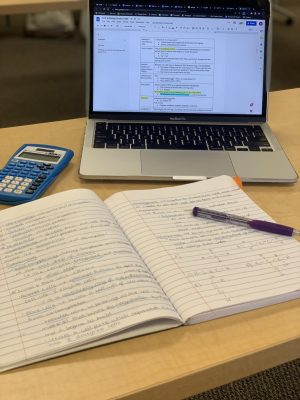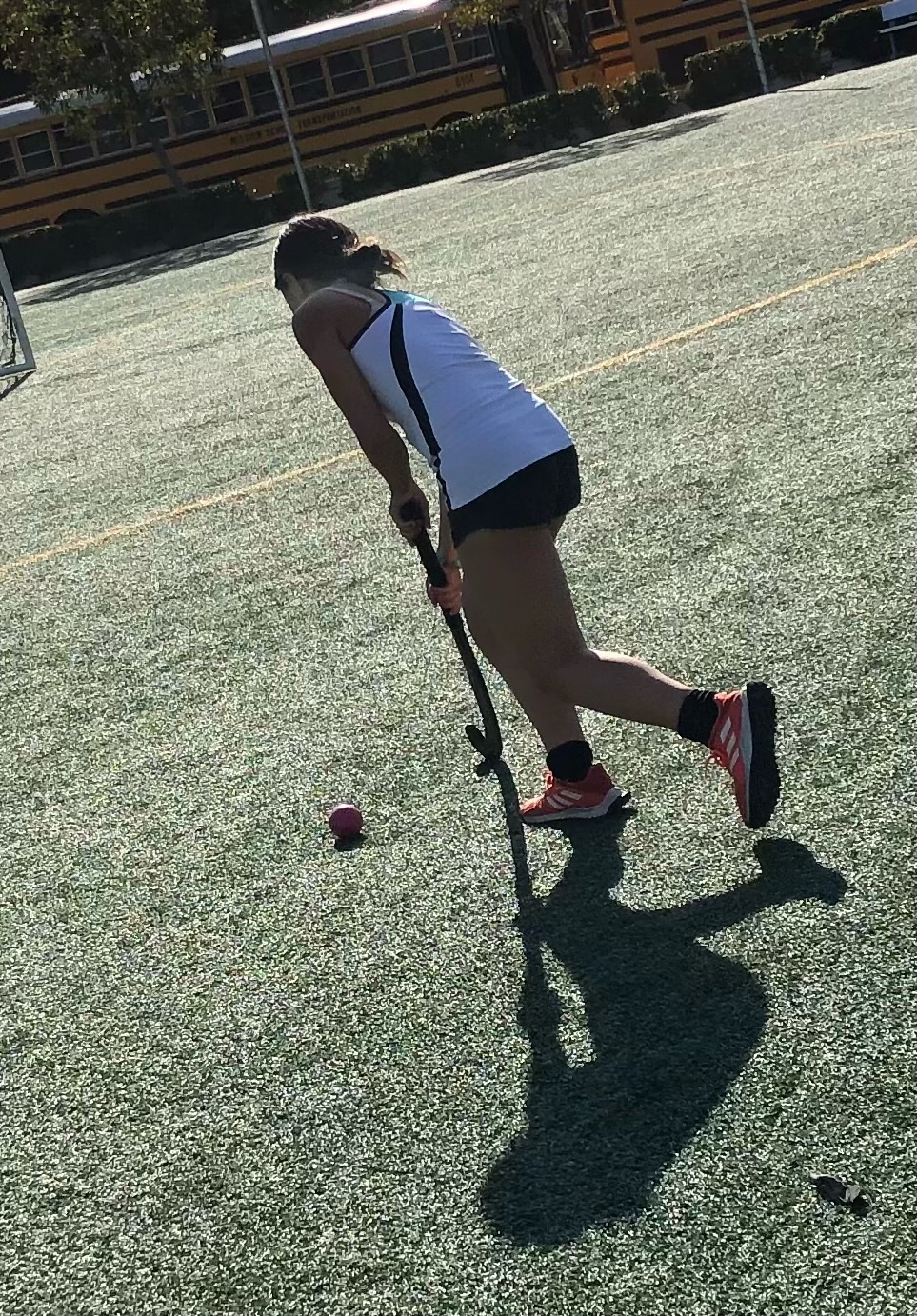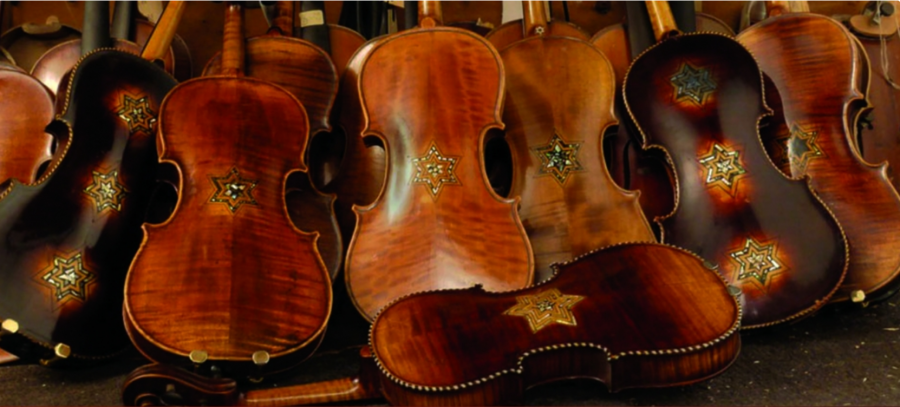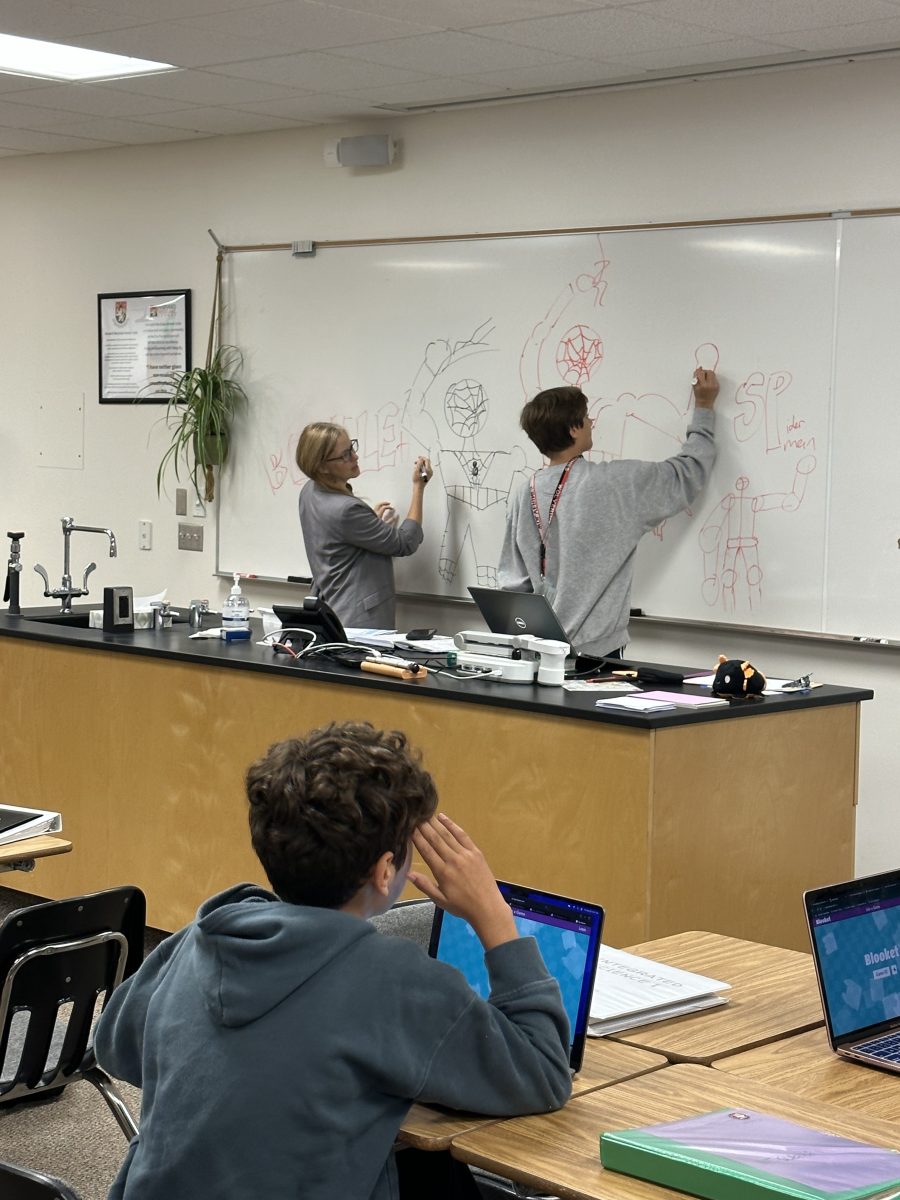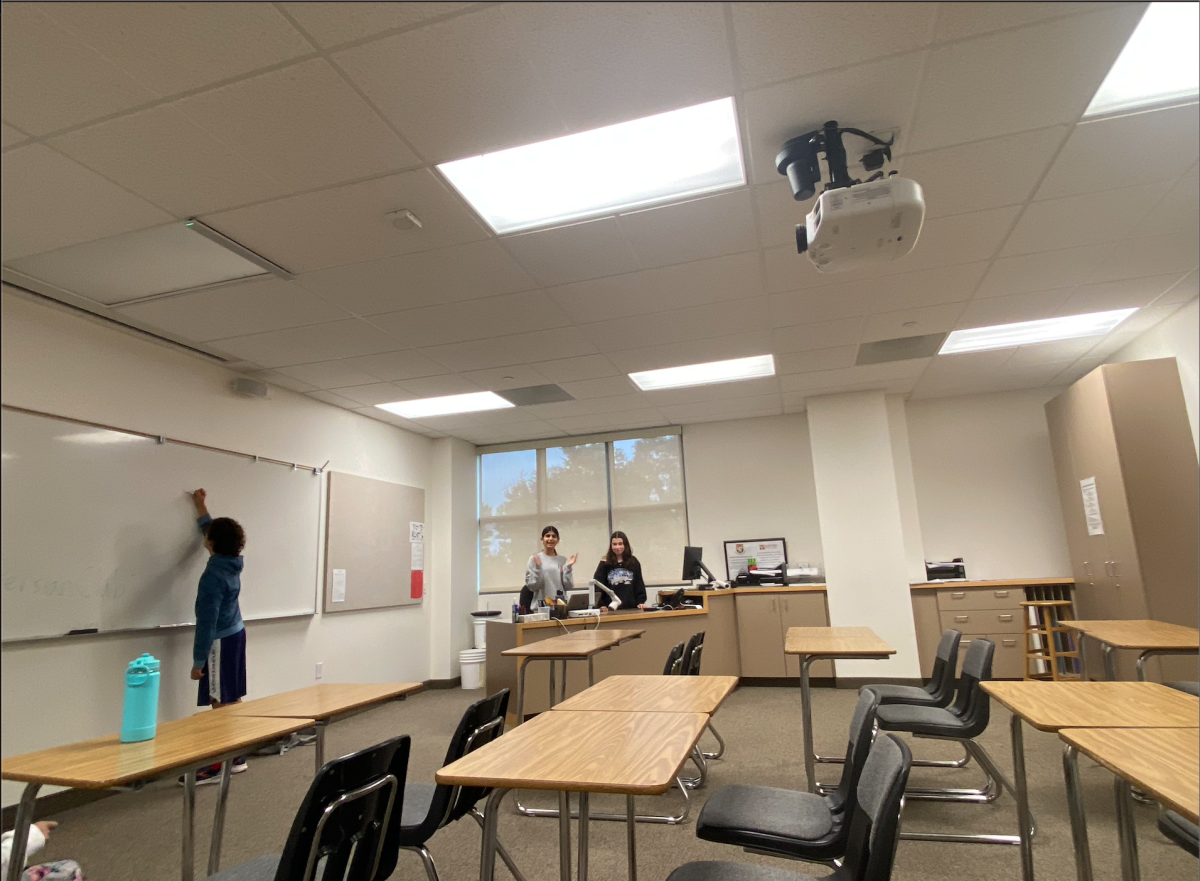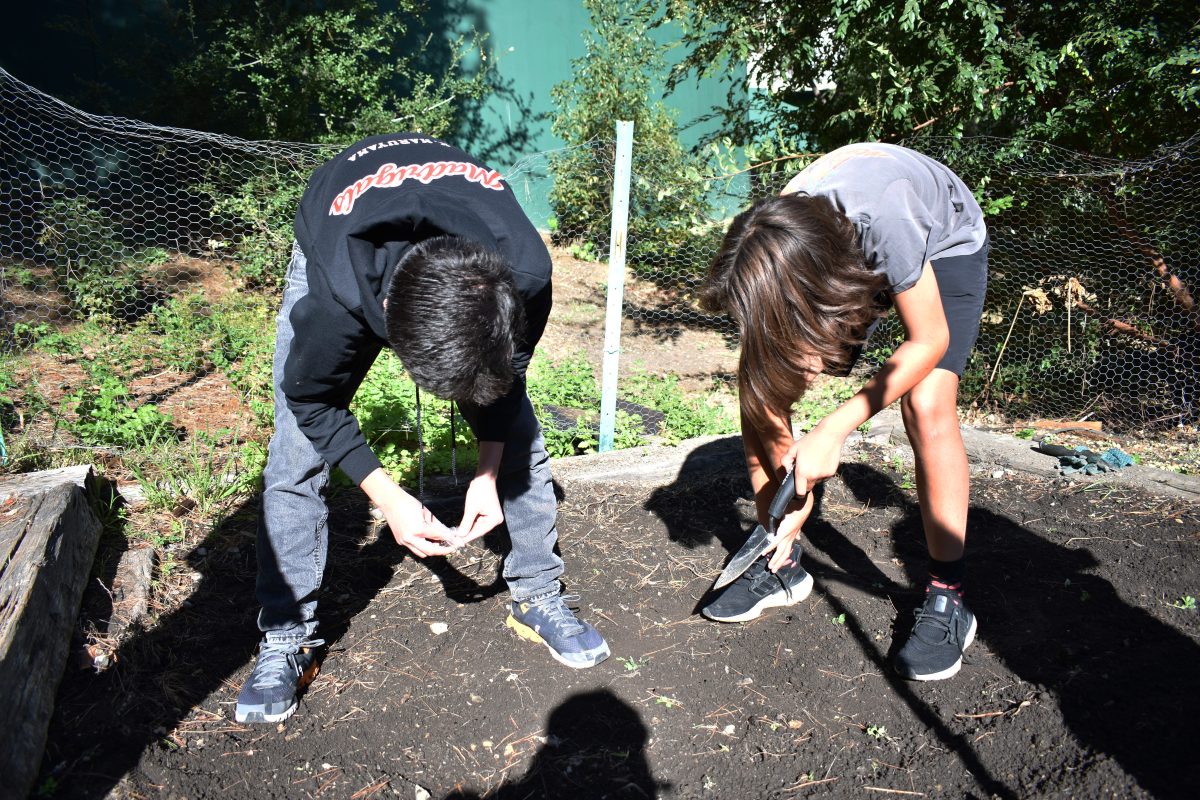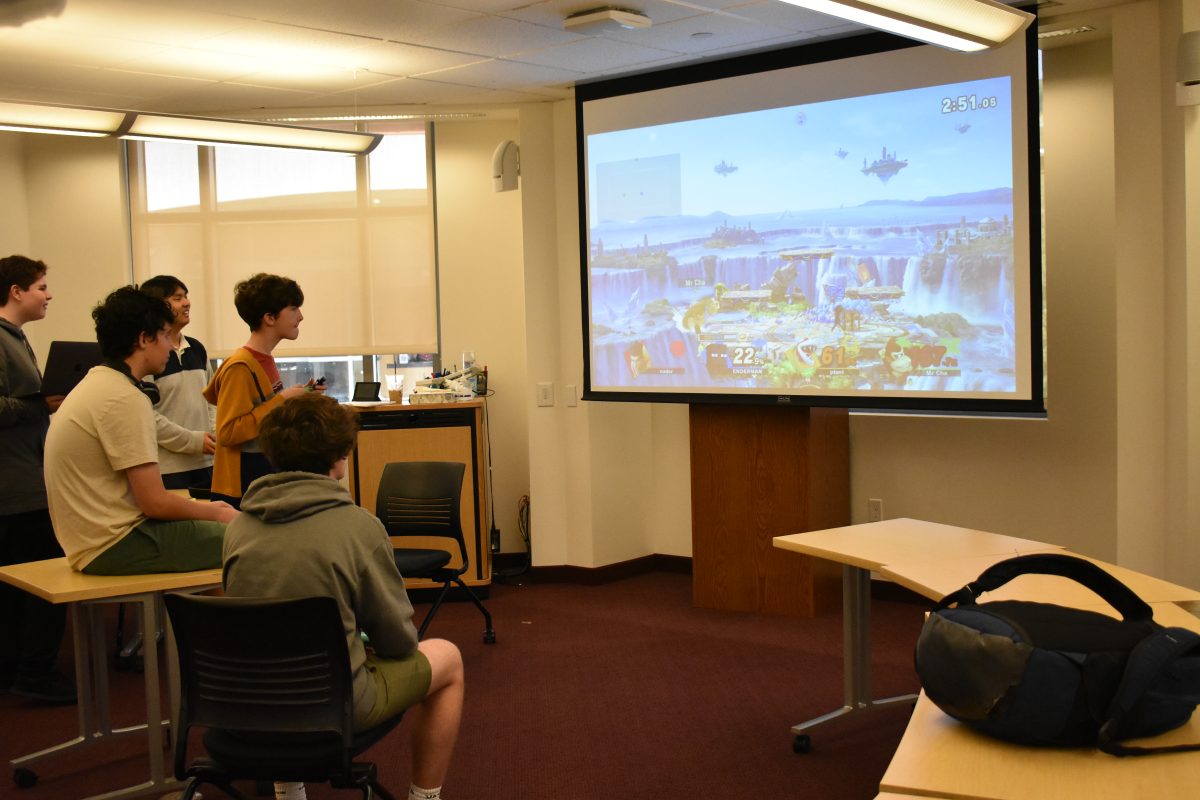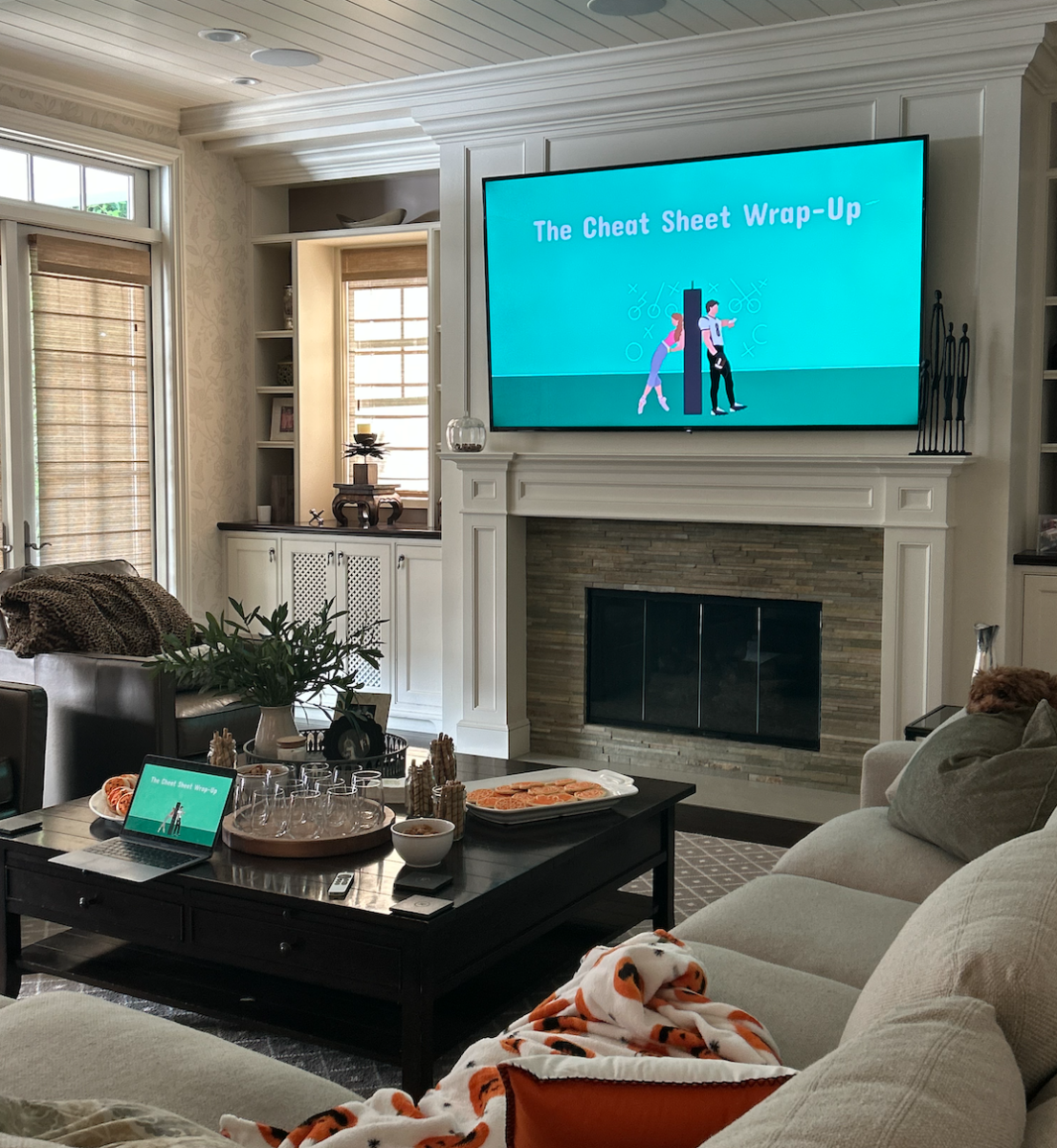Susanne Reyto from the Violins of Hope visited the Harvard-Westlake (HW) Middle School via a virtual assembly to discuss her experiences in the Holocaust.
During the Holocaust, six million Jewish men, women and children were murdered by the Nazis via massacres and mass shootings. Surviving Jews were forced to concentration and extermination camps where they were forced to labor or otherwise, killed.
Amid the destruction that took place, sacred treasures of the Jewish people were also dislodged. Torah scrolls, prayer shawls as well as artistic and musical treasures were damaged by the Nazis. The Nazis used music to humiliate and belittle the Jews in ghettos and camps. They also confiscated thousands of instruments from Jews all over Europe. But, some precious pieces remained intact.
Amnon Weinstein, founder of the Violins of Hope, saw inspiration in the thin wooden bodies that remained from the Holocaust. Weinstein and his son, Avshalom Weinstein, created the Violins of Hope to celebrate the triumph of the human spirit.
But, the Violins of Hope is more than a memorial to lost culture and people; it is also an educational resource that connects with younger students and adults through musical concerts. The Violins of Hope utilizes its private collection of over 60 violins, violas and cellos from World War II to host concerts with the intention of educating the public about the Holocaust. In recent years, the Violins of Hope has collaborated with the Berlin Philharmonic as well as the Cleveland Symphony.
As a Holocaust survivor, Reyto took time to share her experiences with the HW community.
“I was born in March 1944, just six days before the Nazi invasion of Hungary,” Reyto said in the assembly. “The Holocaust was a difficult time for everyone; limited food supply, harrowing security and constant fear threatened internees on a daily basis. Nobody knew what was happening or what awaited us in the future. For many, starvation and silence were the way of life.”
Reyto’s experiences have enabled her to maintain a positive outlook on life: “I look at the Holocaust as something that happened. While it is so crucial to remember and preserve the memory of it, we need to look to the future. Let that incident and let that terrible experience strengthen us and make us better people for tomorrow. It is important to turn tragedy into triumph. For me, the cup is always half-full — it’s never half-empty.”
Reyto’s story inspired many students at HW.
“Before the pandemic, I volunteered at the Los Angeles Holocaust Museum where I got to meet and hear the stories of many holocaust survivors,” Charlotte Newman ‘24 said. “I always appreciate the chance to hear another story. Many people have recently lost an appreciation for how terrible the Holocaust was, and how important it is to make sure nothing similar ever happens again. For this reason, I am so glad we got to hear from such an inspirational woman.”
Ellie Schaffer ‘25, one of the leaders of HW’s Jewish Culture and Anti-Semitism Awareness Club (JCAAC), detailed her appreciation for the Assembly.
“It was an honor to participate in the fight against anti-semitism,” Schaffer said. “I am grateful for the Harvard-Westlake community, especially [Jon] Wimbish and [Neli] Nikolaeva, for contributing to this fight and recognizing the threats of anti-semitism. I hope Harvard-Westlake grows to foster a safe environment, one free of ignorance but rather filled with people who take it upon themselves to be the change they see necessary.”
Finally, Reverend Anne Gardner, the school’s Chaplain, shared her thoughts on the inclusionary nature of the assembly through an exclusive interview.
“Having an opportunity to hear of such significant historical moments from someone who experienced them firsthand is a rare thing,” Gardner said. “There are so few Holocaust survivors who remain among us, I cherished this chance to learn of this period in such palpable fashion. Given the rise in hate crimes of all kinds, including a significant uptick in anti-Semitic acts, this kind of conversation is invaluable. Education breeds understanding, understanding breeds compassion.”
